Most Popular
Korean History
-
1
2014 ferry disaster left scars that never healed
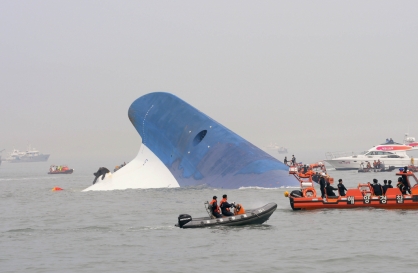
-
2
In 2012, K-pop makes leap from 'Gangnam' to the world
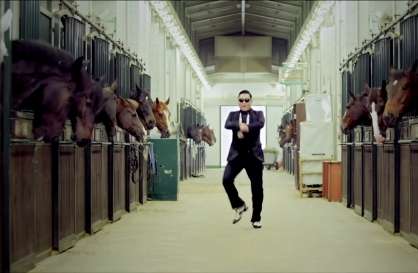
-
3
Deadly sinking of Navy ship in 2010 marks worst postwar military disaster
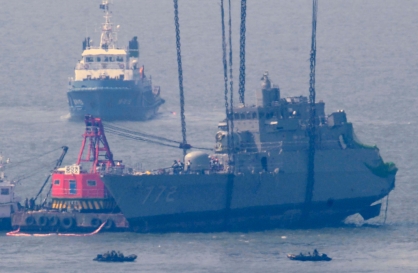
-
4
In 2008, Korea's National Treasure No. 1 went down in flames
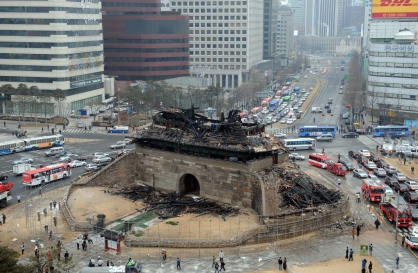
-
5
In 2005, science world’s biggest scandal unravels in Seoul
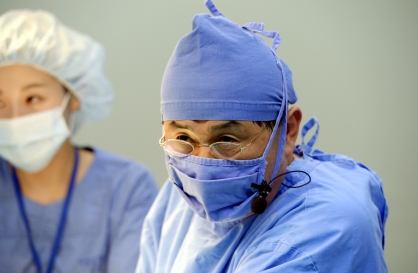
[Korean History] Bodies of two infants discovered in freezer in Seoul's Seorae Village
French expat's infanticides shed light on unfamiliar mental health condition, showcased Korea's forensic investigation capabilities
By No Kyung-minPublished : Nov. 1, 2023 - 18:05
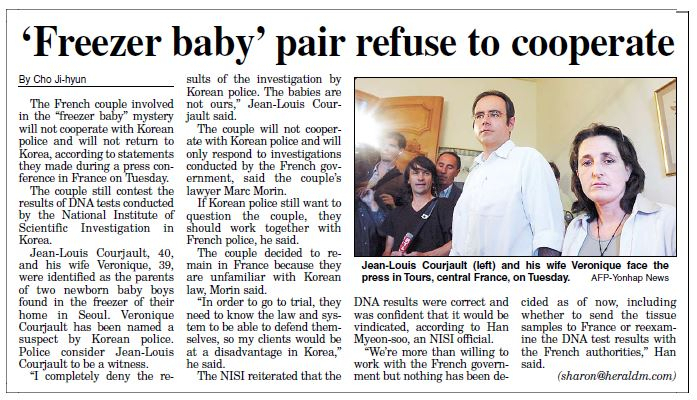
In July 2006, a 40-year-old French national residing in Seoul made a macabre discovery at home in his freezer. Before he could store some fish inside, he found the bodies of two infant boys.
Jean-Louis Courjault, an engineer working for a car parts company in Seoul, was home alone in Seorae Village, southern Seoul, after returning from a family holiday in France.
His wife, Veronique Courjault, 39, was still on vacation in France with their two teen sons.
He promptly reported the findings to the South Korean police and willingly provided samples of his own DNA to investigators, unaware of the far-reaching consequences this discovery would entail.
Shocking revelations
Within a week of the dual infanticide report, DNA testing conducted by the National Forensic Service confirmed that the French man was the father of the deceased babies.
However, he had already departed to return to France two days before this discovery to rejoin his wife and two sons. Before leaving South Korea, he had notified the police officials of his intention to return in August.
With the biological mother's identity still in question, the investigators suspected a Filipina housekeeper in connection to the case. However, DNA tests conducted on her cleared her of any involvement in the matter.
As the investigation progressed, the Korean police discovered that the wife had undergone a hysterectomy in 2003, a surgical operation that removes the uterus.
For a series of DNA tests, investigators took samples of her tissue, toothbrush and ear swab. The test results confirmed Mrs. Courjault was the biological mother of the deceased babies, indicating that she had committed the dual infanticides prior to the surgery.
But in August 2006, the French couple held a press conference in Tours, France, disputing the DNA results provided by the Korean authorities and refusing to cooperate with further inquiries from Korean investigators.
The husband underscored the unreliability of the Korean DNA analysis results, saying, "I completely deny the results of the investigation by Korean Police. The babies are not ours,” as reported in the Aug. 24, 2006 edition of The Korea Herald. The wife argued that the hysterectomy she had undergone in Korea was irrelevant to any pregnancy.
Taking the side of the French couple, the French media also expressed doubts over the credibility of South Korea’s forensic investigation.
However, French DNA tests conducted in October 2006 confirmed that they were indeed the biological parents of the deceased babies. This revelation prompted Veronique Courjault to make a shocking and unexpected confession, admitting to the murder of not just two, but three infants.
Chung Hee-sun, former director general of the National Forensic Service, recalled, while appearing on a local TV channel in 2019, that this infanticide case served as a chance for South Korean officials to prove that their skills and expertise were up to global standards.
"After the DNA results in France, the French media, including daily newspaper Le Monde, published official articles admitting their condescension toward South Korean authorities,” Chung said on JTBC TV.
In addition to strangling the two infant boys to death in 2002 and 2003 at their home in Seoul, she had previously committed the murder of another infant in 1999. The body of this infant had been disposed of in the fireplace of her house in France.
"She takes responsibility and asserts that she acted alone," said the French couple's lawyer, Marc Morin, in response to the DNA test results conducted in France, as reported by the French media. She asserted that she had concealed multiple pregnancies from her husband.
A relative said that she had a round figure and always wore loose clothing, emphasizing that there was a slim chance people might have noticed the pregnancies.
After Veronique Courjault's confession in October, over in Seoul, the police officers who were involved in the investigation of the case were awarded with special promotions for their contributions to demonstrating the nation's forensic and investigative capabilities.
The case also led to a meeting of government ministers from both nations in a bid to bolster collaboration in criminal and judicial affairs in January 2007.
Officials from the Ministry of Justice in South Korea stated, "The meeting established the groundwork for uncovering the truth of the Seorae Village incident, and the Ministries of Justice from both countries will engage in more comprehensive future cooperation."
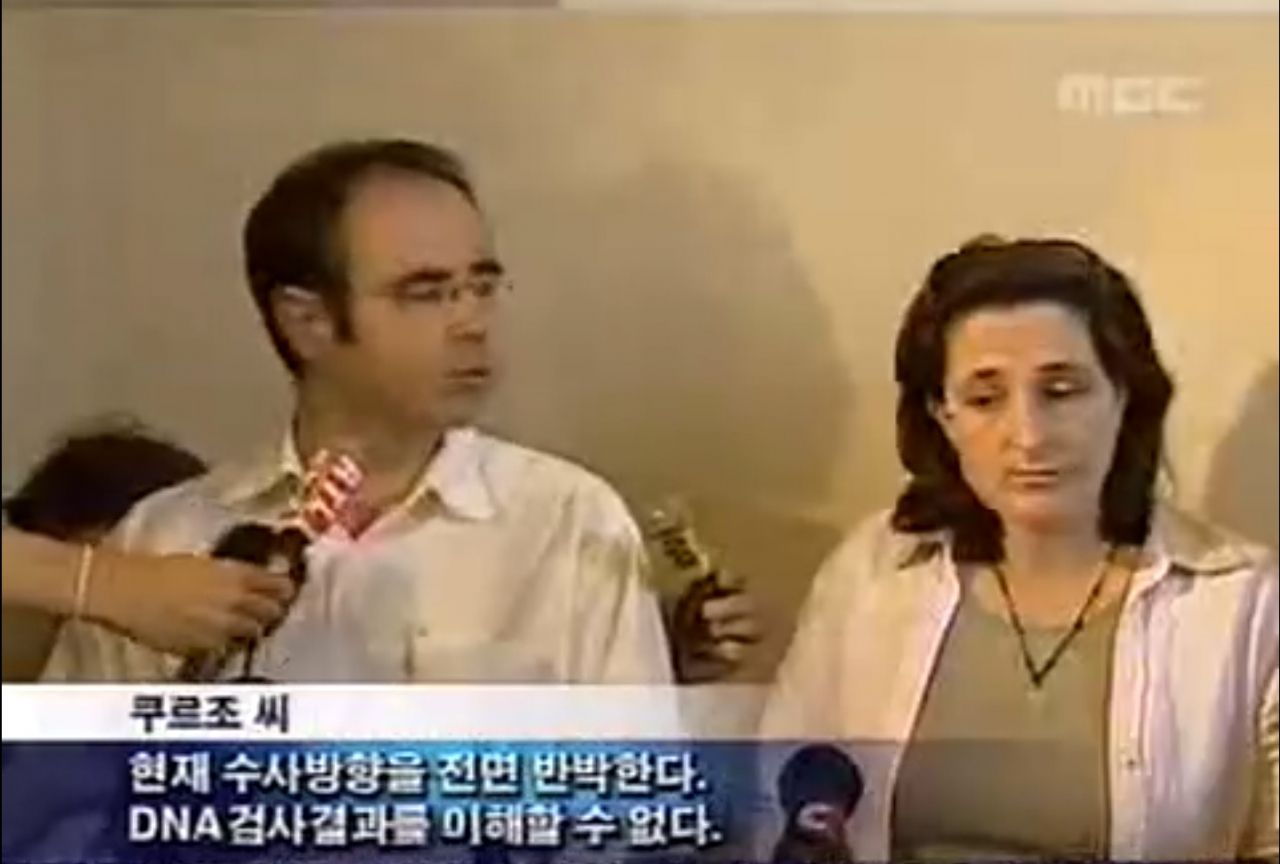
Pregnancy denial
This high-profile case, dubbed the "affaire des bebes congeles" by the French media and the “freezer babies case” in Korea, captured the national spotlight both in France and Korea. Veronique Courjault could have faced a maximum penalty of life in prison if found guilty of murdering her own children.
The results of psychological evaluations suggested that she appeared to be suffering from pregnancy denial, a psychological condition in which a woman experiences an utter lack of awareness of her pregnancy. Experts argued that it should be treated as a form of mental illness.
Indeed, Veronique Courjault denied her pregnancies, not viewing the babies as her children. She had told her mental health evaluators that she had regarded each baby inside her as "an extension of herself.”
Regarding the choice of using her own freezer as a hiding place for the corpses, Lee Woong-hyuk, a professor of police science at Konkuk University, pointed out in an interview with TV broadcaster SBS that freezing the bodies could not only conceal the corpses in darkness but also prevent them from decomposing.
"Storing the deceased infants in the cold storage might have seemed like a logical choice, as it would relieve her of the burden of having to witness the decomposition of the bodies," Lee said.
At trial in June 2009, Veronique Courjault stated, "I was conscious of being pregnant, but not of being pregnant with babies,” The Associated Press quoted her as saying.
She also denied the possibility of forming an emotional attachment to the babies, saying, "No relationship with the babies developed." She claimed that her body had blocked the pregnancies.
Veronique Courjault faced a 10-year prison sentence sought by the French prosecutors. After calling for the sentence, prosecutor Philippe Varin assured the court that they should neither "demonize" her, nor "turn her into an icon."
However, the judge ultimately sentenced her to eight years in prison, marking the end of the emotionally charged eight-day trial.
She was released from jail earlier than anticipated in 2010, having served half of her sentence, which included the time spent in custody since October 2006. Her release was conditional, with the stipulation that she could not contact the media.
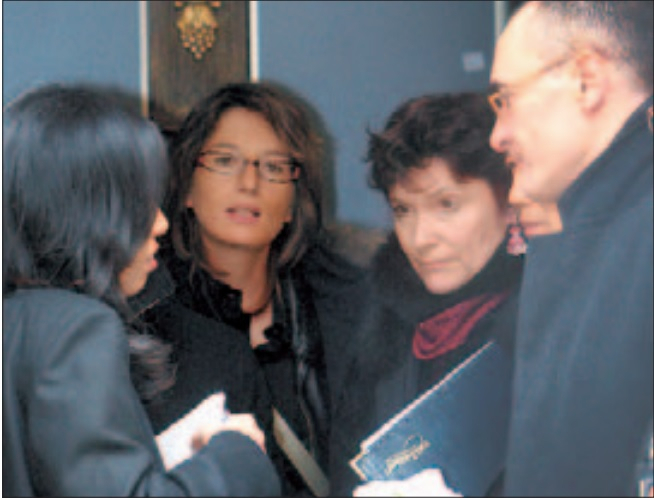
Aftermath
Veronique's husband, Jean-Louis Courjault, who had steadfastly supported her since her guilty verdict in 2006, expressed hopes of rebuilding their family.
His support for his wife is evident in the title of his book, "Je ne pouvais pas l’abandonner" ("I could not abandon her"), published in September 2010 in France.
This book aimed not only to highlight that his wife had been suffering from the mental health condition of pregnancy denial -- rather than being a "monster" -- but also to provide a detailed explanation of the condition.
He also published the book in South Korea the following year in an attempt to convey accurate descriptions of the case to Korean readers.
The infanticide case also inspired the creation of the novel "Le Cimetiere des Poupees," penned by Mazarine Marie Pingeot in August 2007, prior to Mrs. Courjault's final ruling.
The French writer, who is the daughter of late French president Francois Mitterrand and his mistress, had her identity kept secret from the public until 1994, towards the end of her father's 14-year presidency.
The book offers portrayals of a mother's tragic acts, involving the killing of her babies, placing their bodies in a freezer or a fireplace.
Contrary to the expectations of some, the infanticide case brought newfound attention to Seoul's Seorae Village, a place where the French community had largely gone unnoticed by many prior to the incident. Known for its exotic shops and eateries, the village has become the top choice for Seoulites in search of French dining and related cultural experiences.
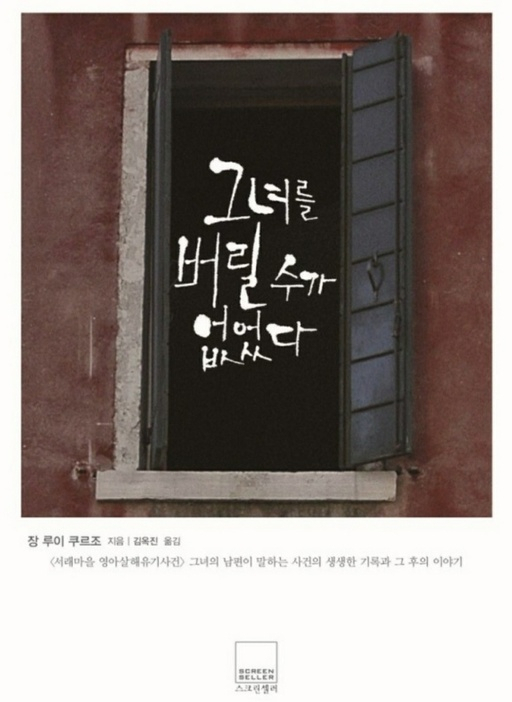
More from Headlines
-
![NewsletterSubscribe
Start your day with a roundup of key stories from The Korea Herald with news and comment on all that’s happening in Korea.
[Robert J. Fouser] After the National Assembly election
1 out 3 Koreans live alone, family types becoming div](//res.heraldm.com/phpwas/restmb_idxmake.php?idx=652&simg=/content/image/2024/04/27/20240427050050_0.jpg&u=20240427115500) NewsletterSubscribe Start your day with a roundup of key stories from The Korea Herald with news and comment on all that’s happening in Korea. [Robert J. Fouser] After the National Assembly election 1 out 3 Koreans live alone, family types becoming div
NewsletterSubscribe Start your day with a roundup of key stories from The Korea Herald with news and comment on all that’s happening in Korea. [Robert J. Fouser] After the National Assembly election 1 out 3 Koreans live alone, family types becoming div -
 Meeting of president, opposition chief set to finally happen
Meeting of president, opposition chief set to finally happen -
 South Korea to launch space security center under spy agency
South Korea to launch space security center under spy agency



















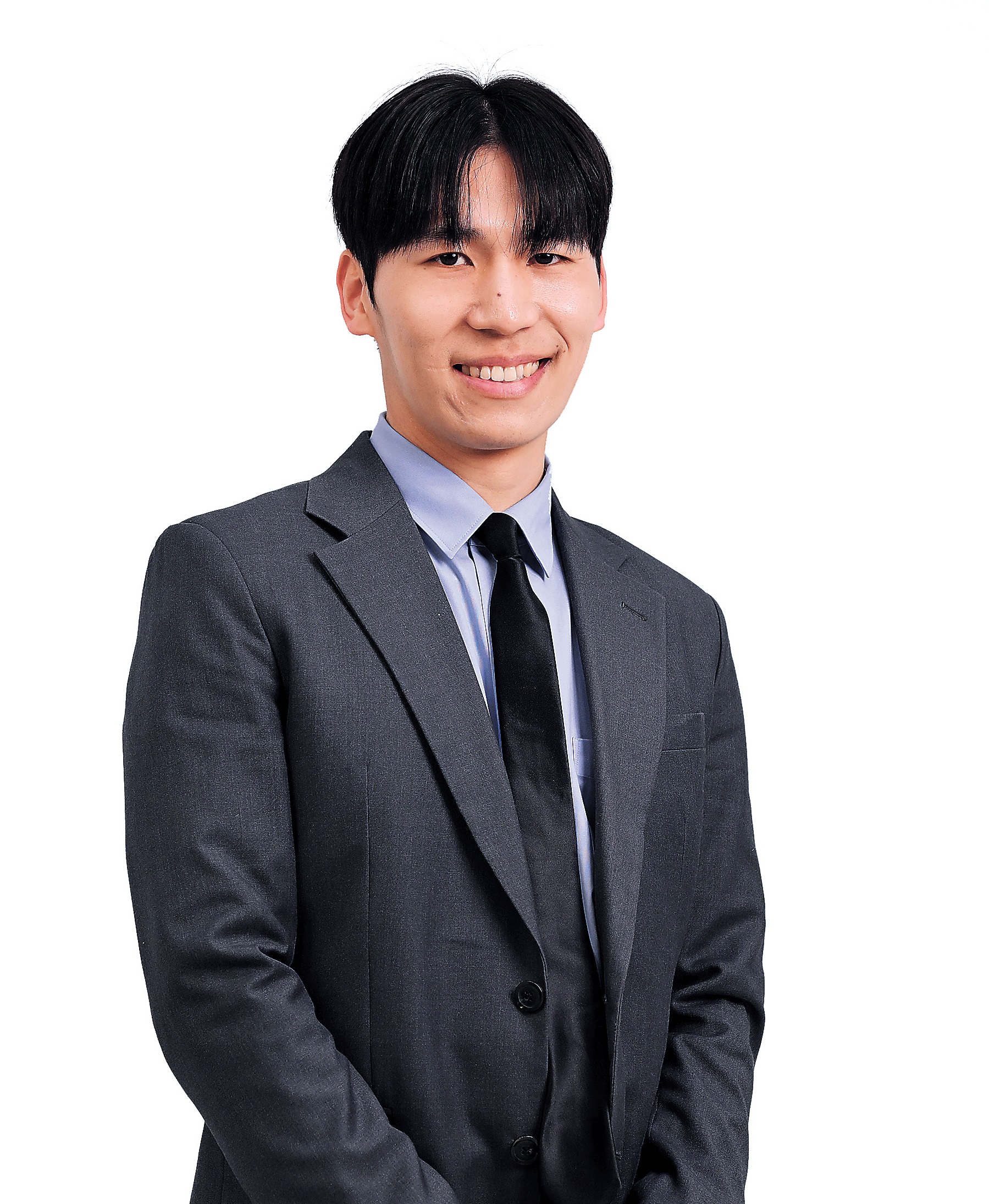
![NewsletterSubscribe
Start your day with a roundup of key stories from The Korea Herald with news and comment on all that’s happening in Korea.
[Robert J. Fouser] After the National Assembly election
1 out 3 Koreans live alone, family types becoming div](http://res.heraldm.com/phpwas/restmb_idxmake.php?idx=652&simg=/content/image/2024/04/27/20240427050050_0.jpg&u=20240427115500)




